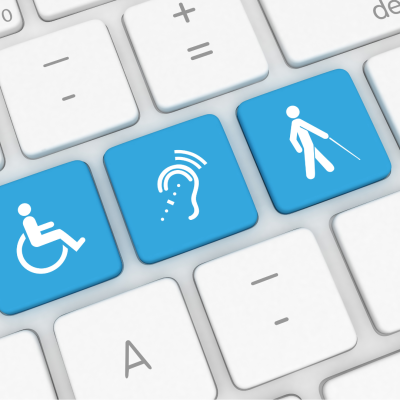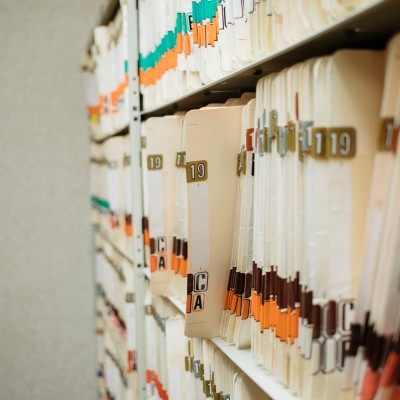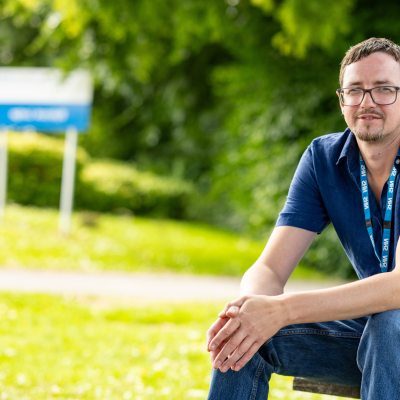Every day, carers across the country are providing practical or emotional support to someone in need. Caring or supporting someone with a mental health condition can feel lonely and accessing mental health services in crisis situations can be stressful. We are here to provide support and information to help you in your role as a carer.
You may not recognise yourself as a carer, but AWP uses the term carer to mean a person who may be a family member, friend or neighbour, supporting or helping someone with a mental health problem.
Carers play a vital role in our community. When we work in partnership with carers, we are adding strength to our patients’ recovery thanks to each carer’s knowledge and expertise of the person they care for. We know how important it is to build a three-way partnership between a patient, carer and ourselves. This is known as a Triangle of Care. AWP holds a 2-star accreditation for the Triangle of Care and we work with the Carers Trust in our commitment to using this model.
AWP has worked with carers to produce our Family, Friends and Carers Charter. This sets out 11 pledges to empower carers and strengthen the relationships with patients’ families and friends.
It recognises the importance of carers and their rights to receive support and information, particularly when there is a crisis and a carer needs help.
Information about the Family's Friends and Carers Charter has been produced in a booklet by KS2 Bath, a support group for carers of people with mental health difficulties. You can read the booklet to understand more about the Charter and what you can expect as a carer.
Are you worried about the mental health of someone you know?
If you are concerned that someone close to you may have a mental health problem, talking to your GP for advice is the best step to take. If the person is over 18 years, the GP will want to talk to them in person about what their problem may be.
What happens next?
If the person you care about is ready to get help from AWP and they agree to you supporting them, you are very welcome to attend their appointments. After an initial assessment, they may be seen by someone who will work with you and the person you care for, to help them recover.
If very unwell and not able to cope, they may be admitted to one of our inpatient units, either as a voluntary patient or under the Mental Health Act. This does not stop you having contact or visiting them.
We recognise that carers and families need information to support them in caring for a loved one. There is a Patient Advice & Liaison Service (PALS) available, which is a free, confidential and impartial service available to everyone who uses Trust services, including their families, carers or anyone who needs advice, information, support or guidance.
Support for carers can also be in the form of discounts to aid with everyday life. This can be done by "helping those who help others by making their lives easier and making their money go further".
Discounts for Carers is a benefit provider for paid, unpaid and retired carers. Join this provider for free here as the everyday things you do for your loved one(s) should be rewarded as you deserve it.
Carers Card
National carers card helps support, recognise and reward carers.
Get exclusive discounts, reassurance with emergency contact details, and access to wellbeing resources, free events, and a supportive community — all through the Carers Card UK app. Save money, feel supported, and stay connected. You can sign up for a Carers Card here Carers Card UK - Carers ID Card.
Are you a young carer? Visit the Young Carers Hub by clicking here.









